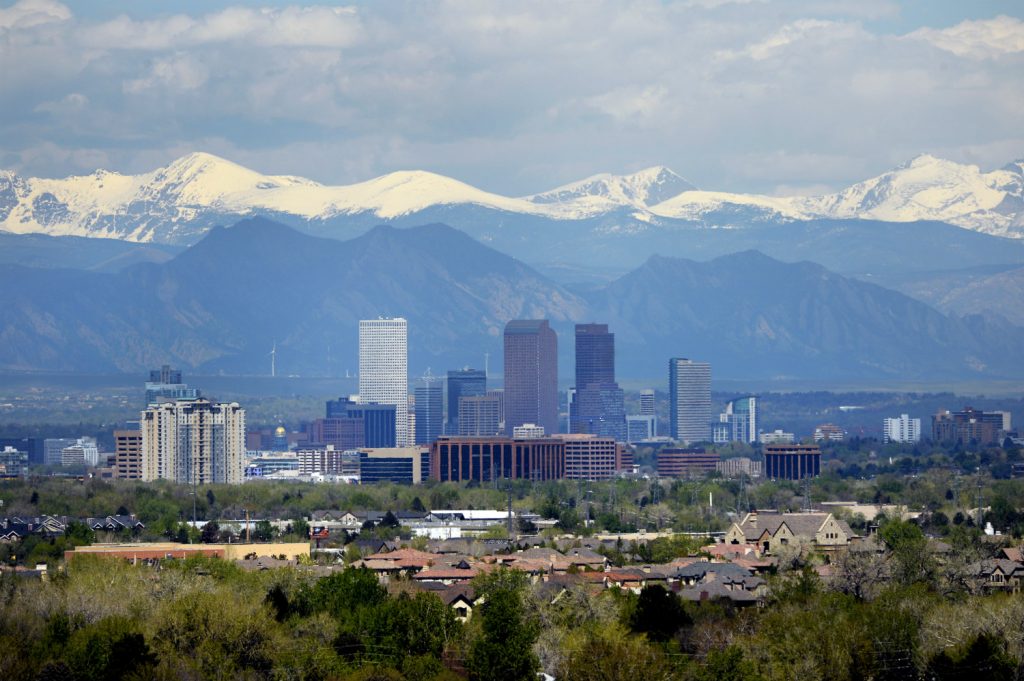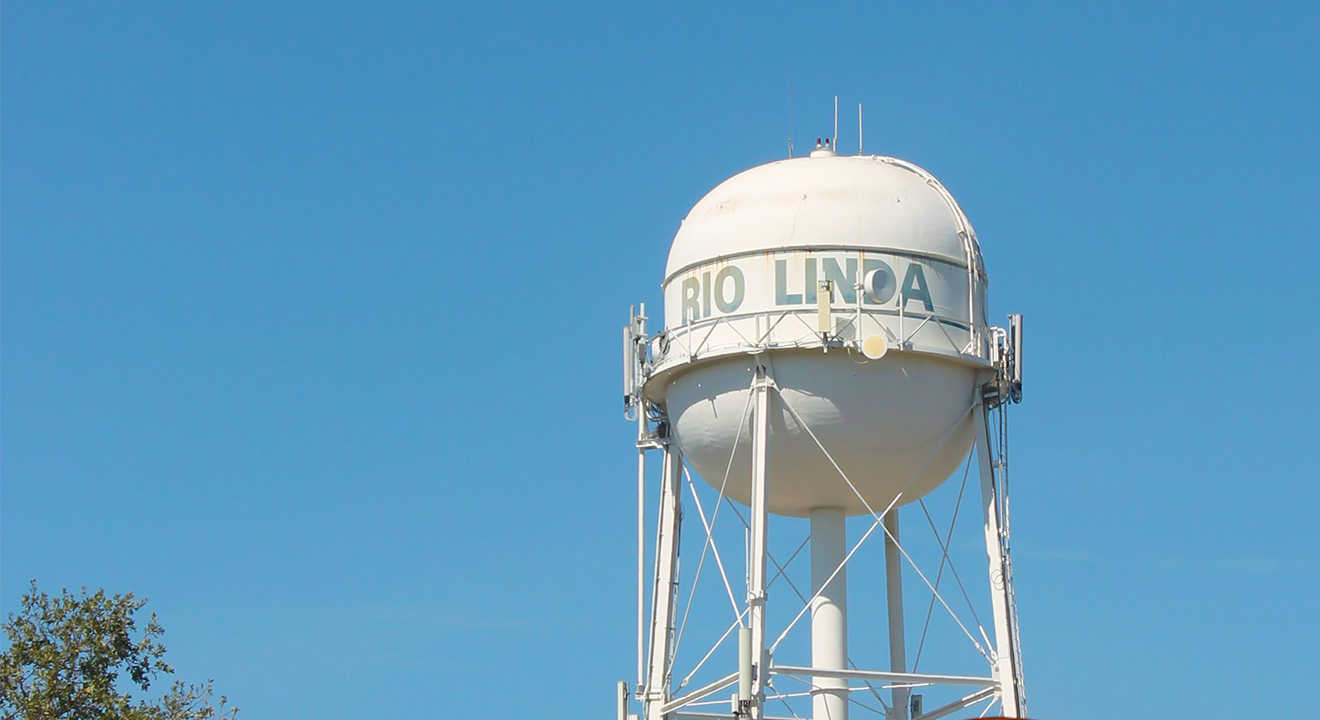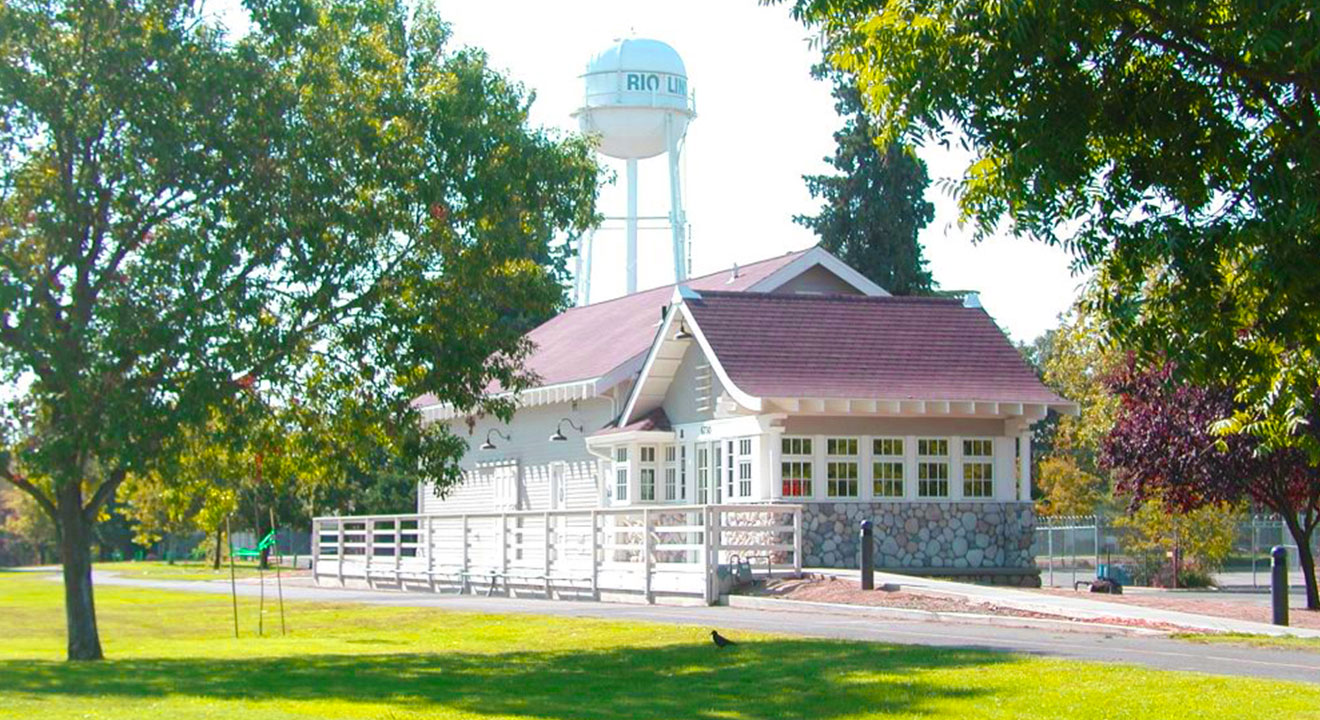
A real problem with our form of government in Sacramento County is that it is not a truly representative government. Supervisor Sue Frost’s Florida-like District Four oddly begins in Rio Linda and Elverta, and continues to Antelope, the City of Citrus Heights, Orangevale, Gold River, the City of Folsom and all the way south to Rancho Murieta.
Sue Frost has been an astonishing improvement over previous Supervisors, and as spectacular as her and her staff are, the wants and needs of the people of Elverta likely do not always align with the wants and needs of those working, living and playing in Rancho Murieta. Our Supervisor has to weigh the needs of her entire district, as well as those of the County as a whole.
It’s hard to be heard through the cacophony of District 4 voices.
To address planning issues with the local community, there are a handful of CPAC groups representing Rio Linda/Elverta, Antelope, Orangevale and Rancho Murieta (Cosumnes).
CPAC stands for Community Planning Advisory Council, and they primarily exist to gather local input on proposed planning issues. The County CPAC web page says that “The projects reviewed range from broad policy questions that apply countywide, to small development projects of local interest. Entitlements reviewed include General Plan and Zoning Code amendments to plans, zoning matters and use permits. “
However, they only address issues related to planning; Think accessory dwellings, parcel splits, amendments to previously approved plans… that kind of thing.
Within those areas, those “Census Designated Places”, are many different neighborhoods. As an example, are the wants and needs of the M Street corridor the same as the wants and needs of Northern Elverta, or Southwestern Rio Linda? Do the people in Antelope Ranch have the same needs as the residents of Northbrook?
What Sacramento County doesn’t have are codified, County endorsed and empowered, local grassroots organizations to to guide and create change block-by-block and neighbor-to-neighbor. The kind of change and input that affects individuals where they live or do business every single day.
There are no local organizations to address many issues, such as:
- Signage plans
- Property annexations
- Street abandonments
- New applications or modifications to liquor (or other) licenses
- License Applications for businesses within the Rio Linda Downtown SPA
- Landmark Designations
- Abatement of Unsafe Buildings, Structures or Utilities
- Proposals to Change/Amend Park Land Use
- Street Reconstruction/Widening/speed mitigation
- Properties Identified and Being Processed through Nuisance Abatement Procedures
- Noise Variance Requests
- Event permit applications
As an example, when a local wrecking yard wanted to hold a sideshow on their property, that event permit went directly through the County with no input from local residents who were directly affected.
When the County gave permits to begin construction of a Dollar General store at Rio Linda Blvd and M Street, many residents were unhappy with the decision, but had no input into the process and no recourse once it was approved.
These are decisions that we have to live with in our community. Not a department manager sitting in an office at 700 H Street in Downtown Sacramento.
The City of Denver, Colorado recognizes this disconnect and to that end has recognized “Registered Neighborhood Organizations”. Through these “RNO’s”, Denver promotes citizen engagement and inclusion in the process through 203 organized neighborhood associations representing 78 statistical areas. These RNO’s normally address neighborhood quality of life issues, such as traffic, development and zoning, crime, communication, and licensing, and promote social activities to enhance community pride, developing a sense of community, and encourage resident participation.

Many RNO’s distribute monthly newsletters which give residents a better understanding of what’s happening in their neighborhoods. They facilitate neighborhood meetups, they hold community cleanups and they engage the community one-to-one with small acts such as bringing gifts to residents that are ill or welcoming new businesses to town.
They also focus on policy and influencing policy, all the way up to and including law enforcement and infrastructure issues. Most importantly they serve as neighborhood advocates when a neighborhood has no direct advocate within the County governance process.
Usually the local councilman or someone from his/her office attends the RNO’s monthly meeting.
With the City of Sacramento moving to take revenue away from us in the panhandle and the County already creating plans for Grand Park, and currently excluding the possibility of incorporation, it sounds like a Registered Neighborhood Organization is a great vehicle for Rio Linda/Elverta to have our voice heard and our wants and needs addressed within the County government.
Fair Disclosure: I am currently the sitting Chair of the Rio Linda Elverta Visions organization, an ad-hoc, grassroots organization representing Rio Linda and Elverta who work toward many of the objectives named above.
Visions is primarily responsible for the lights on the arch, the Christmas Parade and the National Night Out event.















